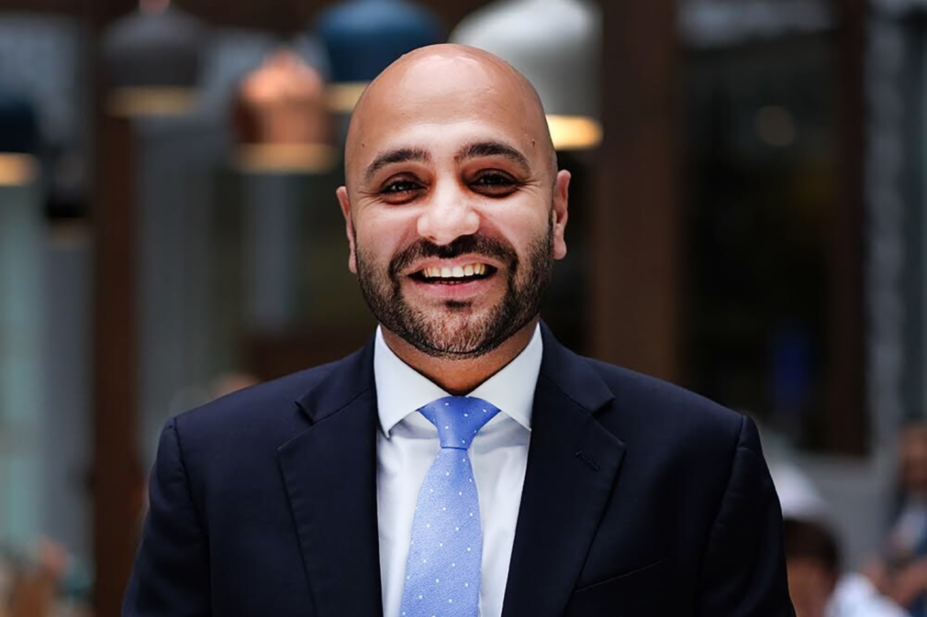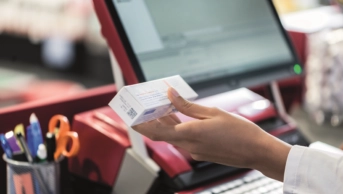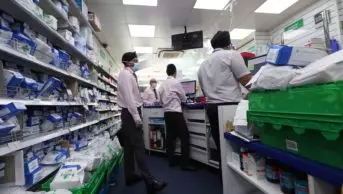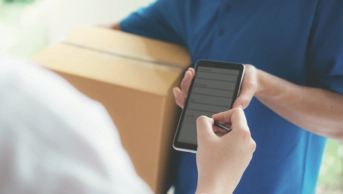
Asif Sadiq
Asif Sadiq, who is leading the Royal Pharmaceutical Society’s (RPS’s) inclusion and diversity strategy launched in August 2019, has worked to improve equality in the workplace for almost 16 years. He says he was drawn to the field to “make a difference and ensure that everyone has an opportunity to be themselves and feel included”.
He is currently head of inclusion, diversity and belonging for the Telegraph Media Group —a role he took up in November 2018. Before that, he was head of diversity and inclusion for EY Financial Services, and he spent nine years with the police — beginning as a special constable, then joining the City of London police force and going on to become head of equality, diversity and human rights for almost a decade between 2006 and 2016.
In 2017, Sadiq was awarded an MBE for his services to policing and the community.
What is the Royal Pharmaceutical Society’s inclusion and diversity strategy?
We’re trying to ensure that everyone has a voice — that everyone feels they have a sense of belonging and that they can bring their authentic self to work. One of the main things with the strategy is that real sense of making a difference and wanting to ensure that the Society is representative of its people and is listening to their voices.
The most important thing for me is the genuine intent to want to make a difference. That’s key, and it really came through even in the initial conversations I had with the RPS.
We are going to have a strategy session in November 2019, to which we have invited a diverse group of people, both from the Society and from other organisations.
Logistically, it is hard to capture everyone’s views, so that’s why the first stage of this piece of work was to carry out a survey of all pharmacists, to give everyone that voice and opportunity to express themselves.
It is important to acknowledge that everyone wants to have a sense of belonging … otherwise, we’re just number-crunching
The results of the survey are currently being analysed. Is there anything in the results that have surprised you so far?
There are a few things, actually. The level of interaction with the survey itself — surveys don’t usually get very high responses, but this was really positive. And 83% of respondents thought that inclusion and diversity work was important. That’s really good: it shows that there’s a broad understanding of why this work is being done, people feel that it’s the right thing to do. A lot of the time that’s the main battle — to get people to understand why this is important.
The different areas that came up in responses to the survey, such as disability and age, are things that are increasingly relevant now.
The survey also showed that the profession itself is seen to be quite welcoming: two-thirds of responders felt that. These are positive things, and things that we can build on.
We know now that people will support whatever is rolled out.
From your previous experience, what common assumptions are made about inclusion and diversity that we need to avoid?
It is important to acknowledge that everyone wants to have a sense of belonging. That’s really crucial: otherwise, we’re just number-crunching.
Representation based on data doesn’t necessarily prove that people feel included and have a sense of belonging. There’s research and data out there that proves that more inclusive teams have higher performance and more innovation: a sense of belonging creates better outputs.
A sense of belonging takes inclusion to the next step, where it’s allowing people to be different and to be valued for being different
What does it really mean to say that someone has a sense of belonging?
It’s the feeling that you have trust within teams; that you can have a voice and be your authentic self. You have the opportunity to bring your true self to work and feel part of a team. It’s not just about being included — it’s more than that. It’s about feeling that you’ve got a voice. It takes inclusion to the next step, where it’s allowing people to be different and to be valued for being different.
A lot of organisations talk about diversity and inclusion. But from my experience, if you get the inclusion piece right, and get that sense of belonging, you’ll automatically get the diversity. Because people will feel like they can be themselves. That’s what people want: they don’t want to work at a place where you can’t be yourself. And from an organisational perspective, it works: it creates better performance, people stay longer, and people progress. The best ideas and innovations are borne when we can express different views.
You’ve said the term ‘black, Asian and minority ethnic’ can stereotype people — can you say more about that?
I understand why we use this term; it is the term that is most commonly used. But it is important that while we are looking and trying to understand how we can make a difference, that we go a bit deeper and explore what the different barriers to inclusion are for the different groups.
If we take BAME, for example: black, Asian and minority ethnic. That’s a very large group of people. If you look at the challenges faced by someone from the black community, someone from the South Asian community, someone from the Asian community: there might be some similarities, but they can also be very different.
Let’s take, for example, a black person from the UK, a black person from Africa, and a black person from the United States: they’ve got different experiences. Let’s say we’re developing a programme for them; their needs might be different. It’s just about understanding that.
We shouldn’t assume that the needs of a whole group of people are determined by a category.
What’s the timescale for the inclusion and diversity programme?
We hope to have concrete results by the first quarter of 2020: once we’ve got all the different workshops done, we’ve completed the strategy session and we’ve analysed fully all the data that’s come though.
We hope to put together a plan that’s truly inclusive and that can create that sense of belonging that is so important.
The RPS launched its pharmacy inclusion and diversity programme in August 2019. Find out more about what the society is doing for members here.
You may also be interested in

RPS meets with government to discuss pharmacists amending prescriptions during medicines shortages

A third of pharmacists report COVID-19 significantly impacted their mental health and wellbeing
